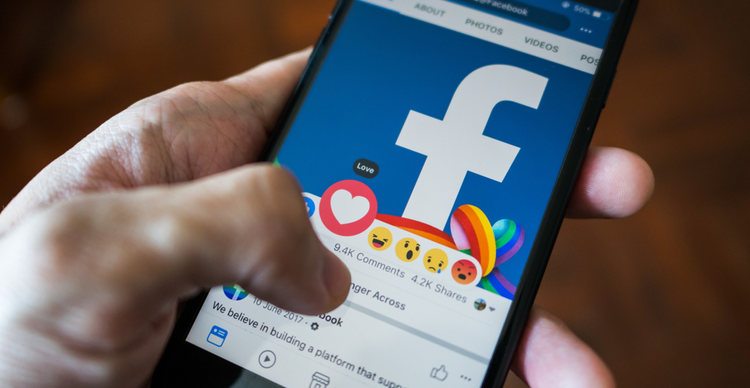
The investment fund targets a two-year project involving several key research and technology partners
Facebook is looking to invest $50 million in a project it says will see it and its partners '"responsibly" build a virtual metaverse, the firm announced on Monday.
The "metaverse" offers a virtual space for individuals, allowing them to interact, create and share with others not in "the same physical space". Here, people can work, hang out, learn or even shop — all in a virtual world.
The virtual environment in a metaverse is not a single product, the firm explained and stated that the whole idea could be actualised in 10-15 years.
"There's a long road ahead. But as a starting point, we're announcing the XR Programs and Research Fund, a two-year $50 million investment in programs and external research to help us in this effort."
Facebook plans to collaborate with experts across the board, from the government, tech industry and academia to civil rights groups and non-profit organisations. According to the social media giant, the objective is to explore how to best go about building the metaverse.
Among initial partners, Facebook will work with the Organization of American States, Africa No Filter, Imisi3D and Women In Immersive Tech.
The programme will also benefit from independent external research from several universities across the globe. These include the Seoul National University, the National University of Singapore, Howard University and the University of Hong Kong.
Together, the researchers and scholars at these institutions will focus on key issues such as privacy, data protection, safety and ethics. Also important will be the issue of researching responsible design and economic opportunity.
Crypto enthusiasts might already know what a metaverse looks like given the success of projects like Decentraland. The Ethereum-based virtual reality platform launched in 2017 and opened to the public in February 2020, with users able to explore, create and trade.

